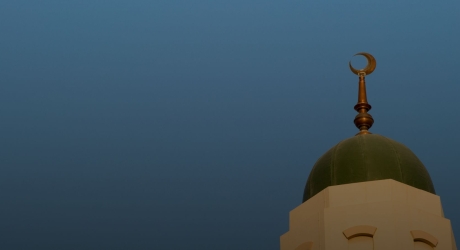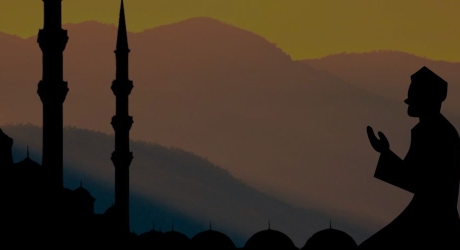The 19th and the beginning of the 20th centuries saw a revolution in the mind. Under the influence of science, man believed that knowledge was very much within his reach and he could build his world. That changed by the end of the century when he realised that science could give but a partial knowledge of reality. And limited knowledge was an insufficient basis to construct an ideology.
The initial phase of hope was delineated in Man Stands Alone written by British author Julian Huxley. The second phase of frustration was articulated by American author Cressy Morrison in Man Does Not Stand Alone.
Hopes mushroomed again towards the middle of the 20th century with the atomic explosion. Man once again believed he had managed to acquire the ultimate power of nature. For the first time in human history, he aspired to build the most successful civilisation. But experience showed that atomic power, having assumed the form of the bomb, was highly destructive and could threaten the very existence of human civilisation.
The truth is that prior to knowledge and the atomic explosion, man needed a reliable ideology-one that would set proper objectives before him, direct his actions into positive channels and instruct him in the correct use of knowledge and power. The spread of communism in the 19th and 20th centuries gave man the false conviction that he had discovered the perfect ideology. But in 1991, with the collapse of the Soviet Union, this conviction vanished into thin air.
In this new scenario, the world is experiencing an ideological vacuum that Islam alone can fill. That is because it is a religion of nature, a complete and preserved guidebook handed down by God himself to his own chosen prophet.
The recent worldwide trend of studying Islam shows that the 21st century will be the new age of Islam. If the 19th century was marked by the knowledge revolution and the 20th by the atom bomb, the 21st is destined to be marked by the Islamic explosion.
The fact is man needs divine guidance for building his life, and religion is his vehicle. And of all the religions, the only preserved and reliable version is that of Islam. That makes it the only dependable, authentic solution to the human predicament.
Man, by the grace of God, has been endowed with the freedom of choice. Even then, he is not the master of his own destiny. The most crucial aspect of life is that he is accountable to God for all his deeds.
After a comparatively brief span on earth, he is destined to die. Then he stands before God for his ultimate fate to be decided: eternal Hell or eternal Paradise. Man's greatest concern should be his preparation for the world to come. The present world is like a great examination hall, where his unique task is to pass the divine test set by God, so that he may save himself from divine punishment in the next world and be held deserving of God's reward in the form of Paradise. In Paradise there will be no fear and no pain. (2:62)
Everyone is heading for a fateful leap into the next world. His ultimate success is determined by his ability to pass the divine test. It is this goal towards which people ought to strive, for the inability to pass the test means total failure in this life and the next. Let us take the case of a citizen of a country. The option before him is not between patriotism and treason. In reality the option is between patriotism and self-destruction.
The case of man vis-à-vis God is no different. The option before man is not between godly life and ungodly life. It is between godly life and self-destruction.









